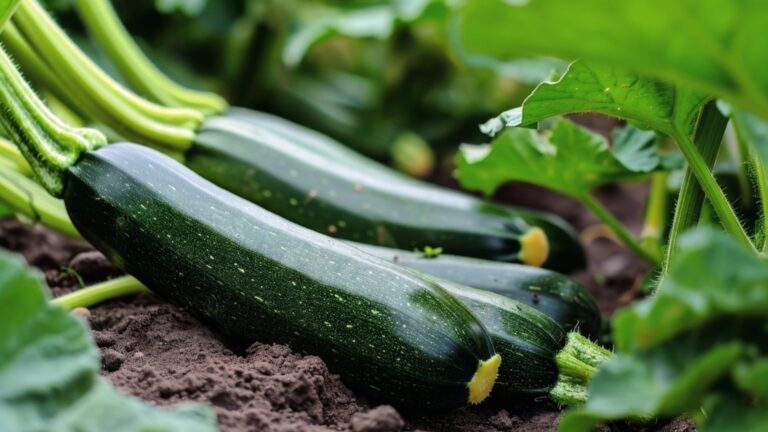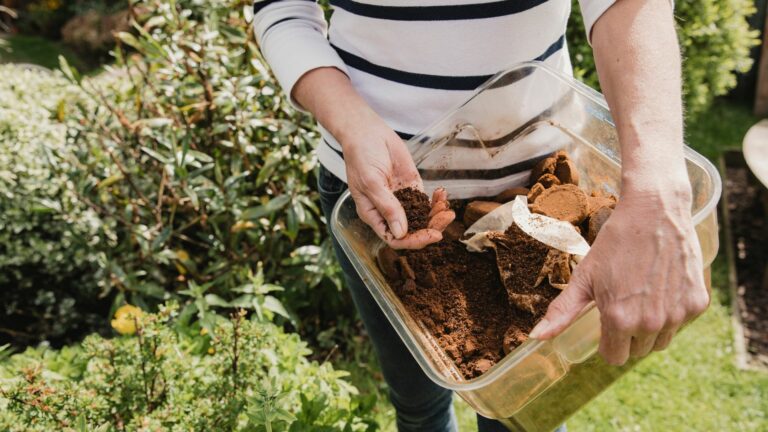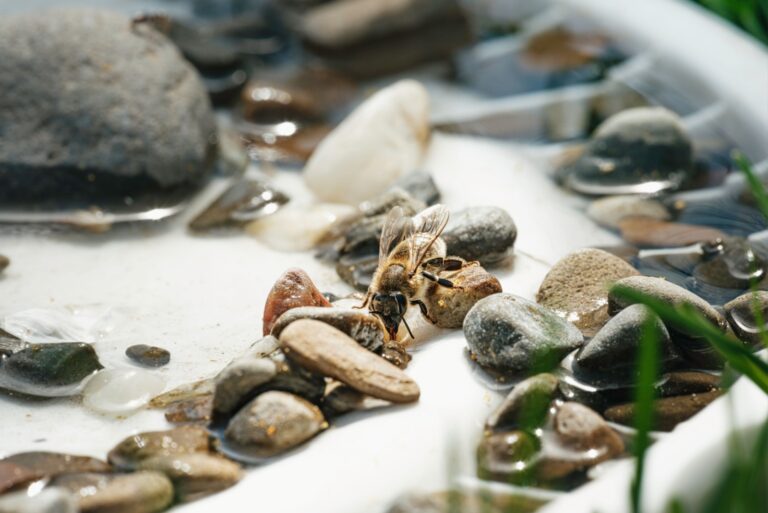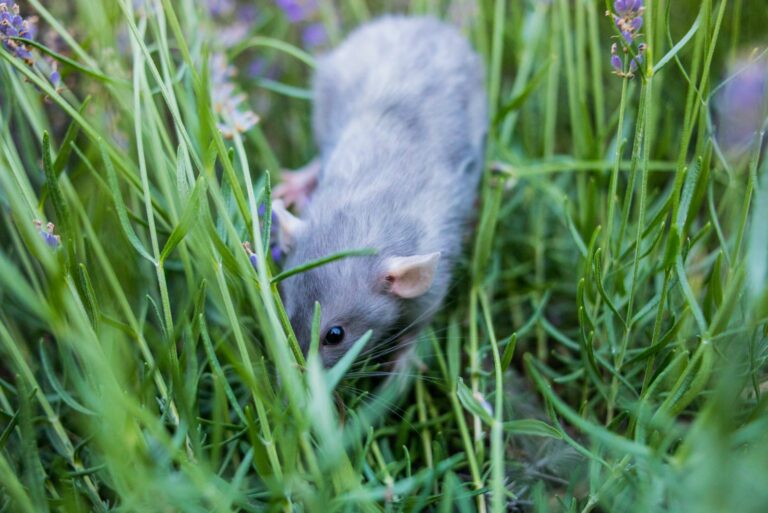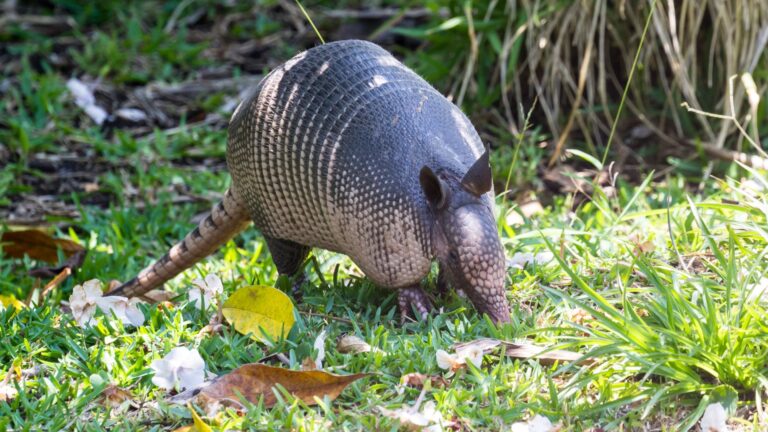10 Plants North Carolinians Use To Keep Rats Out Of Homes And Gardens
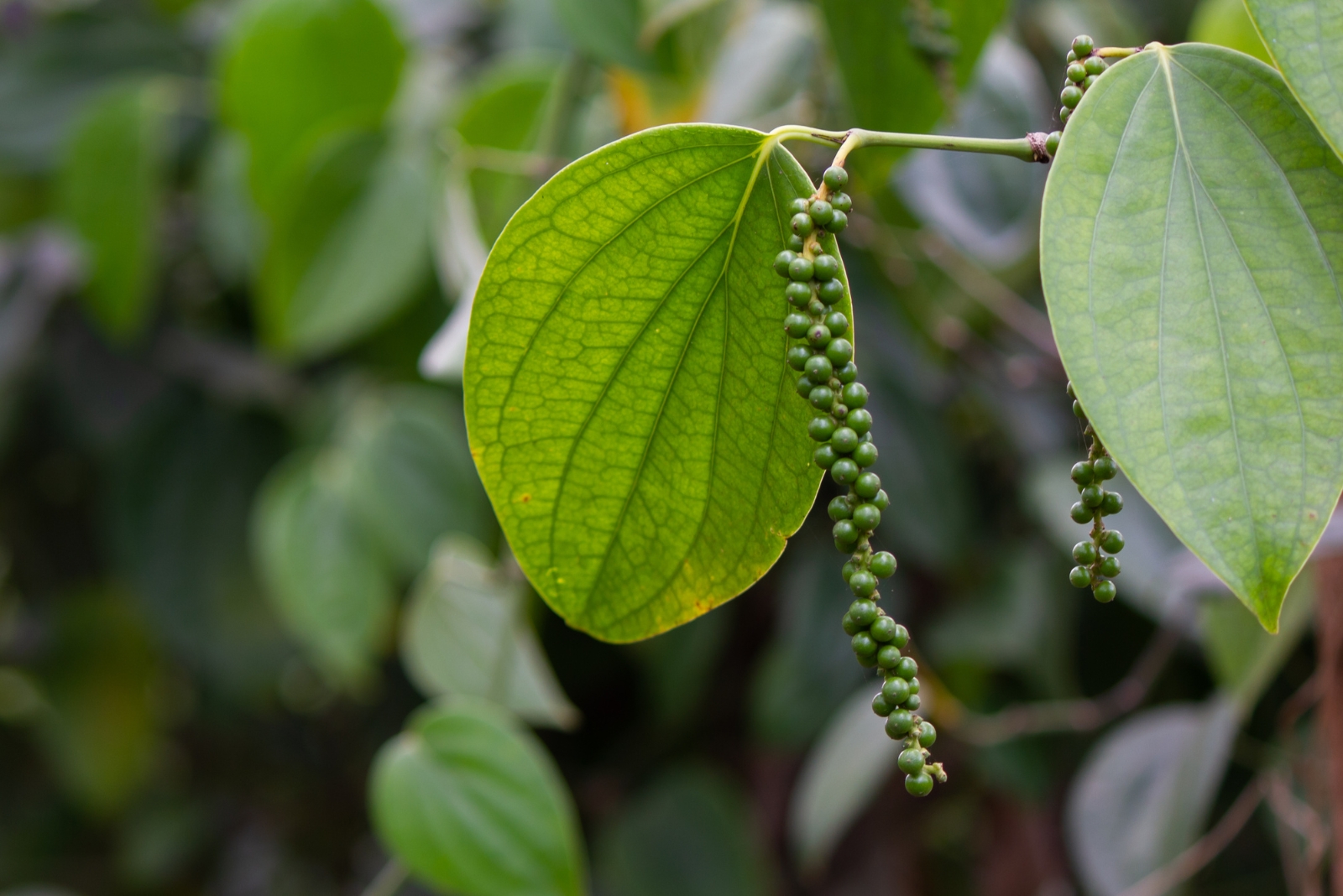
Rats can be a real problem for homeowners and gardeners across North Carolina. Nobody wants these unwelcome visitors chewing through wires, digging up gardens, or making nests in attics.
Luckily, nature offers some amazing solutions that smell great to us but send rats running in the opposite direction.
Growing certain plants around your property creates a natural barrier that keeps these pests away without using harsh chemicals or traps.
1. Peppermint
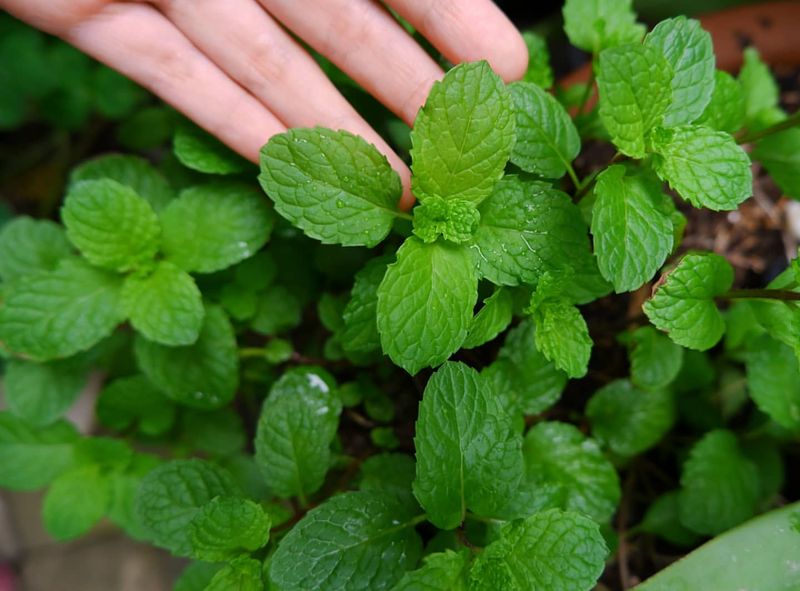
Strong minty aromas make peppermint one of the most powerful natural rat deterrents you can grow. Rats absolutely hate the intense smell that comes from these leaves, which contain high levels of menthol.
Plant peppermint near doorways, along foundation walls, or anywhere you’ve noticed rat activity. The plants spread quickly and fill the air with that refreshing scent humans love.
Crush a few leaves occasionally to release even more of the oils that keep rodents away from your space.
2. Lavender

Beautiful purple blooms and calming fragrances make lavender a garden favorite, but rats find its scent overwhelming and unpleasant. Southern gardeners have used this Mediterranean herb for generations to protect their homes.
Lavender thrives in North Carolina’s climate, especially in well-drained soil with plenty of sunshine. Place these fragrant bushes around patios, near windows, and along garden borders.
Bonus: you can harvest the flowers to make sachets for your drawers and closets!
3. Rosemary
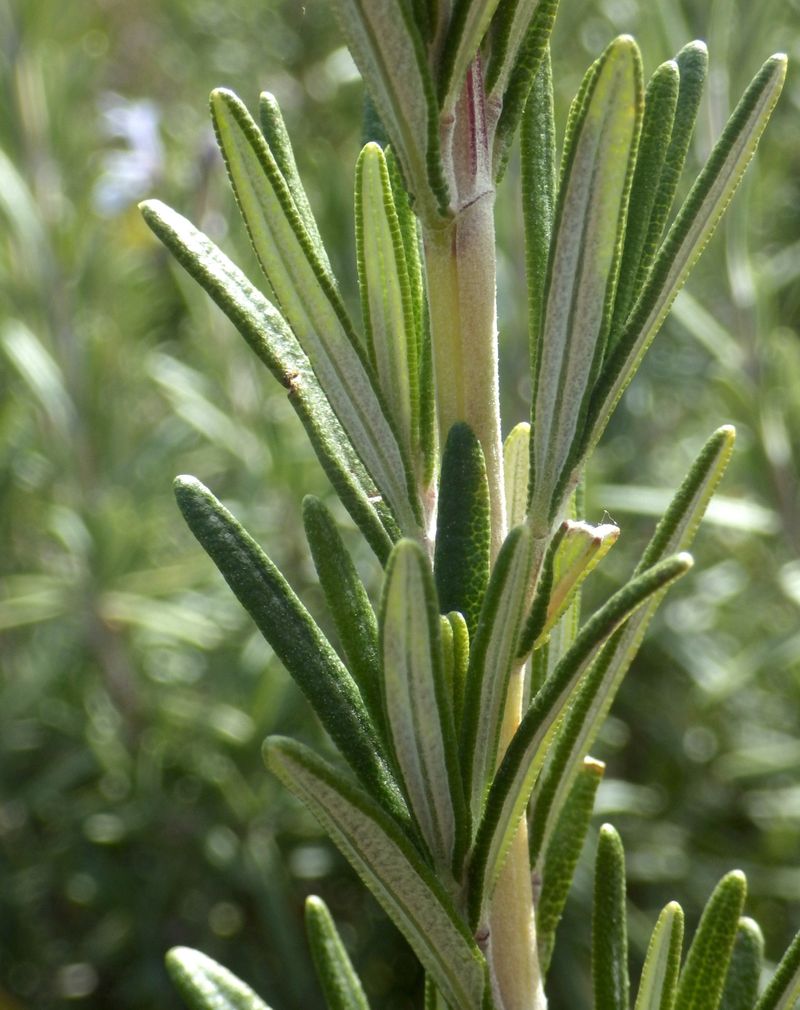
This woody herb does double duty as both a cooking ingredient and a rat repellent. Rosemary’s sharp, piney aroma irritates rodents’ sensitive noses, making them avoid areas where it grows abundantly.
North Carolina’s mild winters allow rosemary to survive year-round in many areas, providing constant protection. Plant it near vegetable gardens, compost bins, or anywhere food scraps might attract pests.
Snip off sprigs whenever you need fresh herbs for dinner while keeping your property rodent-free.
4. Marigolds
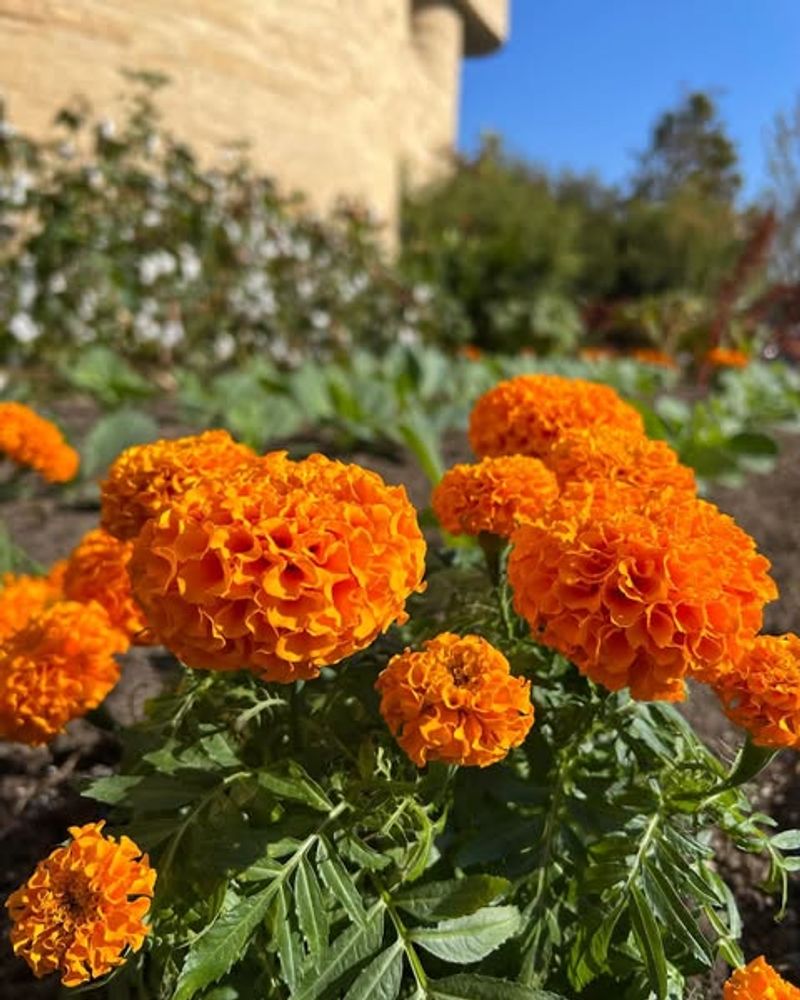
Cheerful orange and yellow blooms bring color to gardens while their pungent smell drives rats away. Marigolds contain pyrethrum, a natural compound that many insects and rodents find absolutely disgusting.
Plant these hardy annuals around vegetable beds, chicken coops, and sheds where rats might search for food. They’re incredibly easy to grow from seeds and bloom all summer long.
Many North Carolina farmers swear by marigolds as their first line of defense against garden pests of all kinds.
5. Garlic
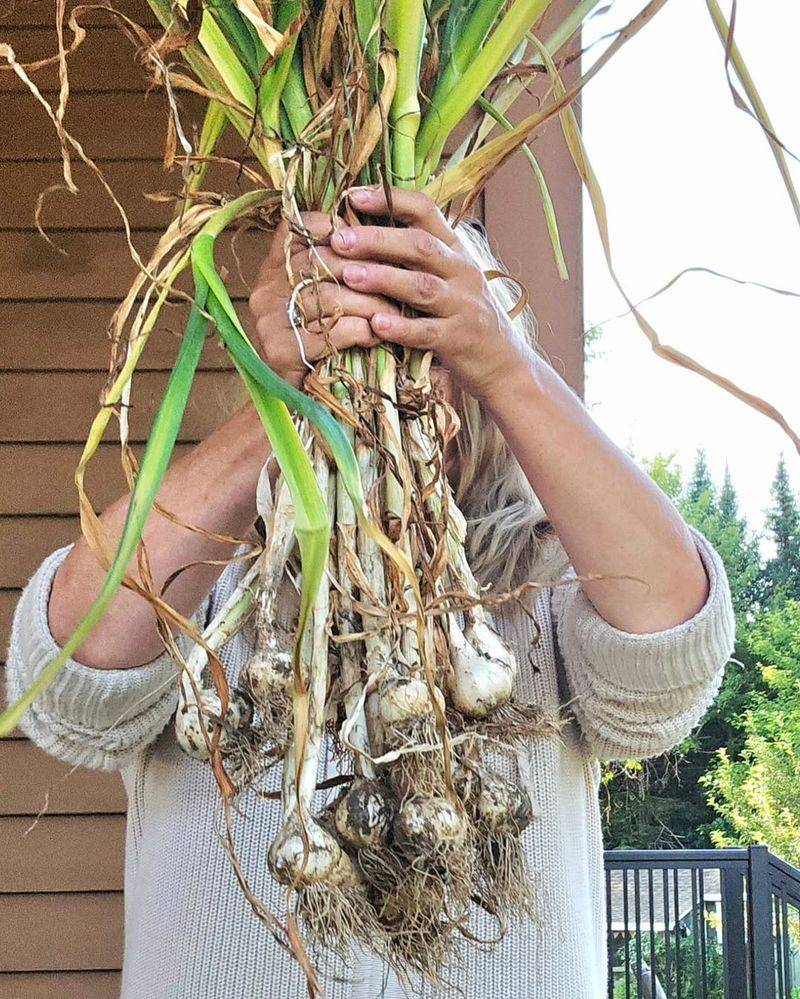
Vampires aren’t the only creatures that avoid garlic—rats can’t stand its powerful sulfur compounds either. When you plant garlic bulbs around your property, they release a constant odor that rodents find unbearable.
Fall is the perfect time to plant garlic in North Carolina, and you’ll harvest fresh bulbs by early summer. Space cloves around foundations, near trash bins, and throughout flower beds.
You’ll enjoy fresh garlic for cooking while creating an invisible shield that keeps rats from settling nearby.
6. Daffodils
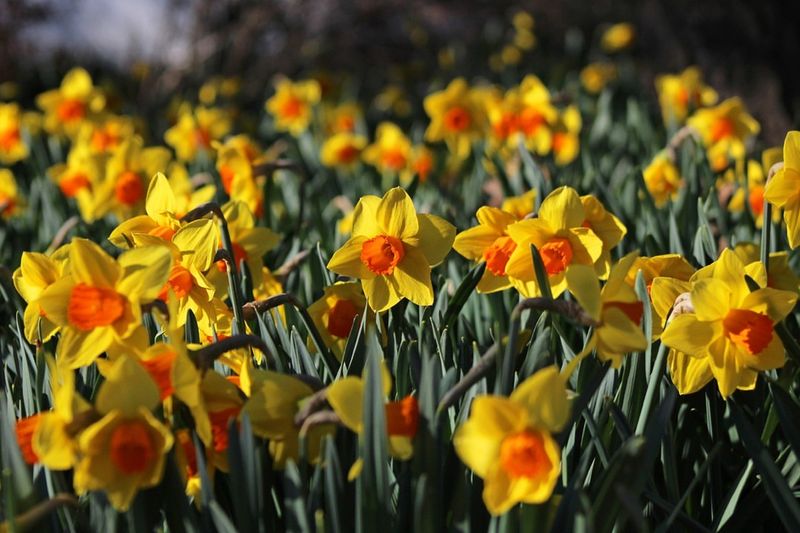
Springtime wouldn’t be complete without cheerful daffodils popping up across North Carolina yards. What many people don’t know is that these sunny flowers contain toxic alkaloids that rats instinctively avoid.
Plant daffodil bulbs in fall around home perimeters, near crawl spaces, and along fence lines. They’ll return year after year, multiplying naturally and expanding your rat-free zone.
Deer and rabbits also leave daffodils alone, making them perfect for protecting gardens from multiple types of unwanted visitors.
7. Sage
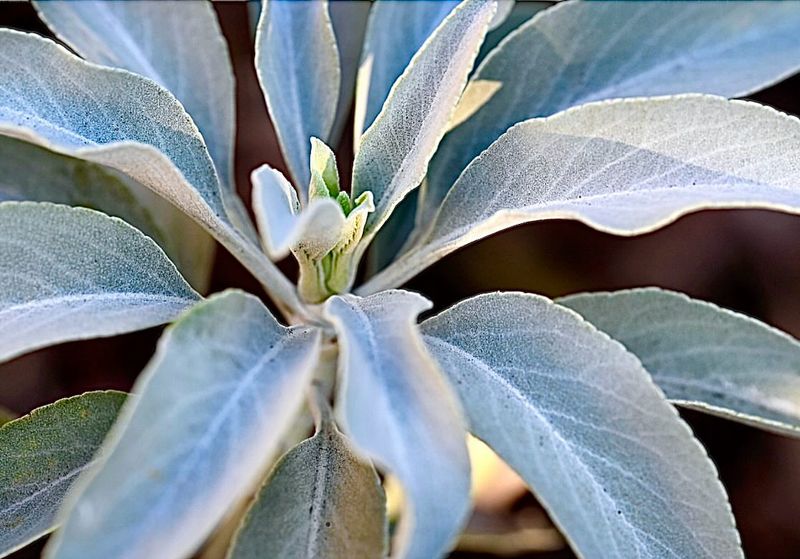
Ancient wisdom meets modern pest control with this aromatic herb that’s been grown in gardens for thousands of years. Sage produces a camphor-like scent that confuses and repels rats, disrupting their ability to navigate safely.
Both common garden sage and ornamental varieties work equally well at keeping rodents at bay. Plant them in sunny spots near doorways, garage entrances, and storage areas.
The silvery-green foliage looks beautiful in landscaping while working overtime to protect your home from furry intruders.
8. Catnip
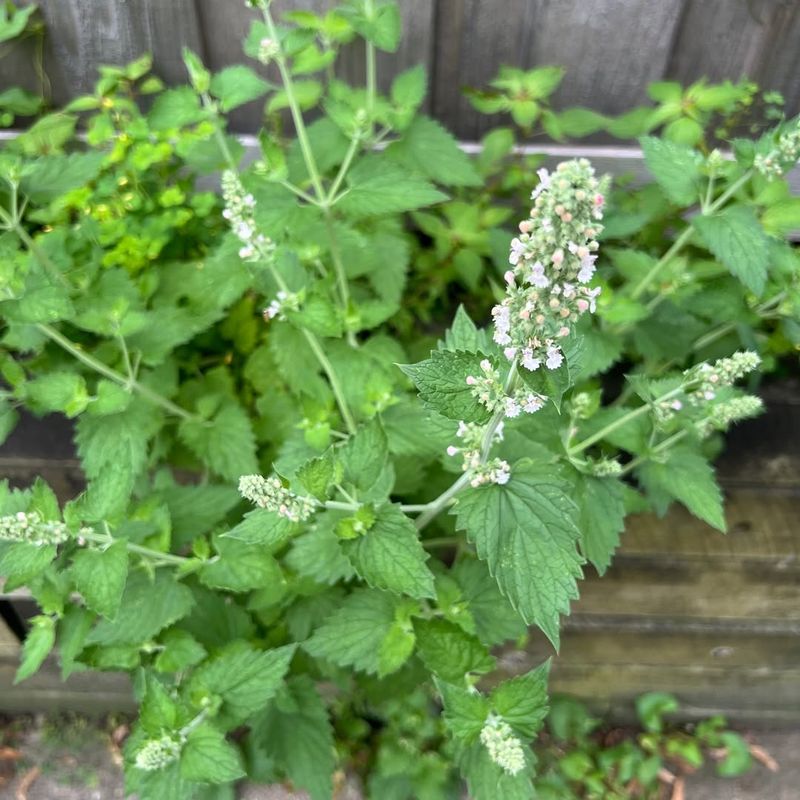
Your cats might go crazy for catnip, but rats absolutely despise it and will avoid any area where it grows. Research has shown that nepetalactone, the oil in catnip, actually repels rodents more effectively than some commercial products.
Catnip spreads enthusiastically throughout gardens, creating a protective carpet of rat-repelling foliage. Plant it around sheds, barns, and other outbuildings where rodents typically nest.
Just be prepared for neighborhood cats to visit your yard more often!
9. Black Pepper Plant
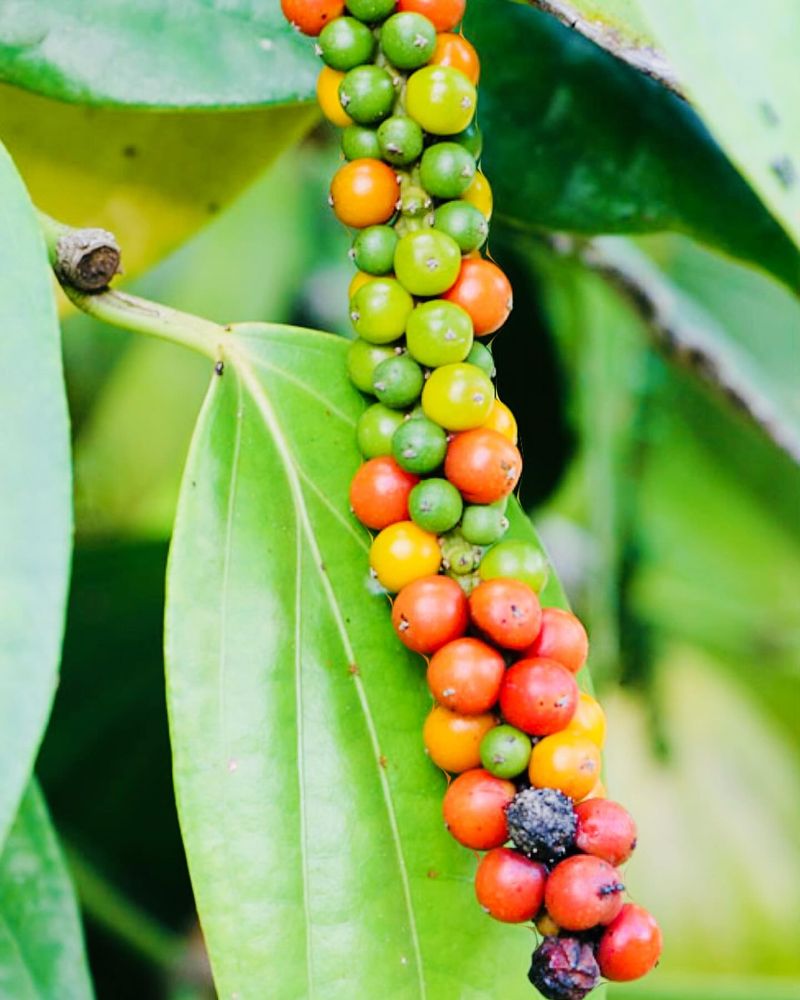
While growing actual black pepper plants requires warm conditions, North Carolinians in coastal regions can cultivate these tropical vines successfully. Piperine, the compound that makes pepper spicy, irritates rats’ respiratory systems and keeps them far away.
Even ornamental pepper plants work well as deterrents around homes and gardens. Their capsaicin content creates an invisible barrier that rodents won’t cross.
Place potted pepper plants near entry points during warmer months for maximum protection against rat invasions.
10. Chrysanthemums
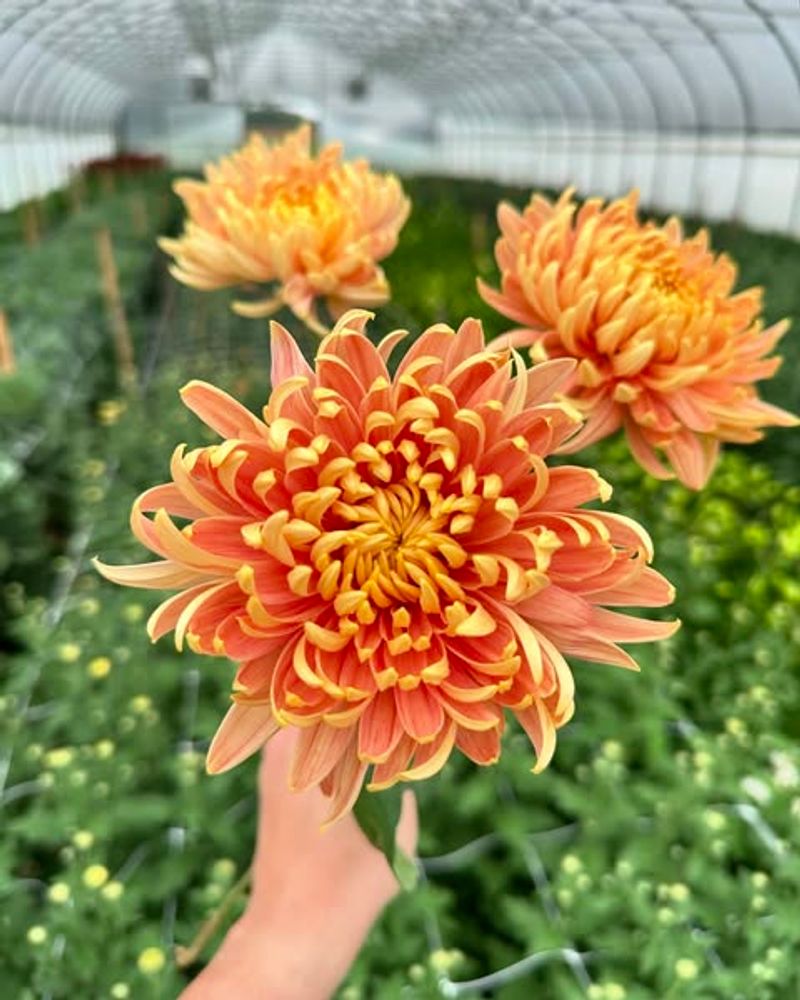
Fall gardens across North Carolina burst with chrysanthemums in every color imaginable, and these gorgeous flowers do more than just look pretty. They naturally produce pyrethrin, a powerful insecticide that also repels rats and other rodents effectively.
Plant mums near foundations, along walkways, and around outdoor living spaces for seasonal protection. They bloom when temperatures drop and rats start seeking warm shelter indoors.
Many gardeners time their chrysanthemum displays to coincide with peak rodent activity in autumn.

